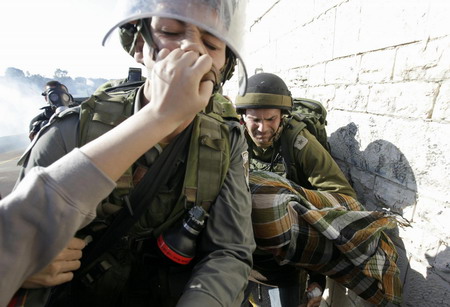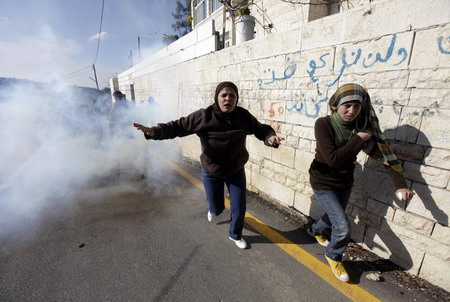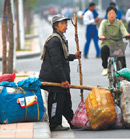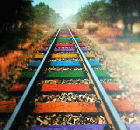Global General
With peace talks frozen, Palestinians back protests
(Agencies)
Updated: 2010-01-24 19:58
 |
Large Medium Small |
|
|
NABI SALEH, West Bank: In the West Bank village of Nabi Saleh, Palestinians frustrated by the failure of peace talks to protect their land from Jewish settlement growth are on the march, and ready to face the teargas.
It is the latest example of Palestinians, their faith in the 17-year-old peace process sinking ever lower, turning to what they call popular resistance; code for protests that activists say are drawing an increasingly tough Israeli response.
"The Israelis are worried because if it is played well it has all the ingredients to shape international opinion," one Western diplomat said. "It's an option to let off steam but it has a great risk of escalation and becoming violent."
Palestinian President Mahmoud Abbas, his negotiation strategy adrift, has embraced the idea of popular protest and urged more, even as the United States tries to restart peace talks that have been stalled for more than a year.
In Nabi Saleh, "popular resistance" has manifested itself in weekly attempts by dozens of villagers to march to the fences which surround the settlement. The villagers say the wire barriers have crept ever further onto their land.
"Even as the negotiations were going on, the settlers were putting up a fence on our land," said Imam Tamimi, a 34-year-old mother of four who has taken part in protests staged by local Palestinian residents over the last month.
"People went to harvest their olives. The settlers said 'This is our land'", said Tamimi, whose living-room window is filled by the view of the red-roofed settlement homes across the valley and of a nearby Israeli military watchtower.
The protests have spilled into fist fights with settlers and confrontation with the Israeli army which has occupied the West Bank since 1967.
Israeli soldiers have fired dozens of teargas canisters at protesters who have in turn pelted them with rocks. Six villagers were arrested during the most recent Nabi Saleh protest, activists said.
Abbas has urged leaders of his Fatah party to take part. Hussein Tirawi, a senior Fatah figure and former Palestinian intelligence chief, was among the protesters briefly detained by Israeli troops at one recent demonstration.
No Sigh of Mass Movement, For Now
For Abbas, backing "popular resistance" is a way to show his support for some form of activism, even if not of the military sort employed by the Hamas Islamist group that controls the Gaza Strip and routinely accuses him of being a sell-out.
So far, Abbas's commitment has seemed largely tactical, partly aimed at deflecting such criticism, analysts say.
|
|













